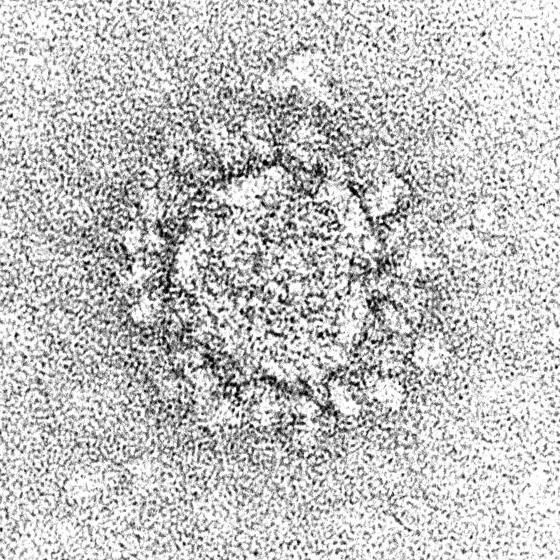Why Tracking the SARS-CoV-2 Origin Is Critical
Uncovering the zoological host that first transmitted the virus to humans could inform factors relevant to this pandemic—and the next one.

For all that’s become understood in the coronavirus 2019 (COVID-19) pandemic over the last year, a crucial missing piece of the puzzle remains the origin of the SARS-CoV-2 virus itself.
Though it’s well established that the first known infections were discovered in Wuhan, China, in late 2019, investigations have not settled on the intermediary host which transferred the virus from the mostly likely SARS-CoV-2 reservoir—horseshoe bats—to humans.
That information is vital to a myriad of issues still persistent in the pandemic 1 year in—not the least of all being the interpretation of SARS-CoV-2 variants currently spreading across the globe.
In this month’s episode of Lungcast, a monthly respiratory health podcast series hosted by the American Lung Association (ALA), Donald Alcendor, PhD, vaccinologist and immunologist from Meharry Medical College and Vanderbilt University School of Medicine, discussed the matter of hunting the zoological intermediate host for SARS-CoV-2.
Across numerous pandemic topics, Alcendor and ALA chief medical officer Al Rizzo, MD depicted a scenario of clinical achievements backdropped against tracing and screening shortcomings that have left investigators with major gaps to fill in COVID-19 understanding.
Here’s what Alcendor had to say on the pursuit of SARS-CoV-2 origins.
As he explained, the original belief that a pangolin may have aided in its progression to humans is now moot.
“We know this is a zoological transmission,” Alcendor explained. “We have to understand how this virus is being transmitted in the animals that service reservoirs. And once we do, we need to limit this zoological contact to humans.”
Another option to limiting zoological transmission risk could be vaccinating intermediary host animals, Alcendor said.
“Why not do that?” he asked. “If you are able to identify a zoological host, why don’t you vaccinate the animals—particularly these animals that are needed in the population—from diseases that they can transmit to us?”
SARS-CoV-2 has the ability to propagate in various animal species. The ability to monitor it—by effectively tracing its zoologic origin and with increased genetic testing—would allow investigators to answer vital questions on viral outbreaks: what’s coming next, how soon may it come, and are we prepared to manage it?